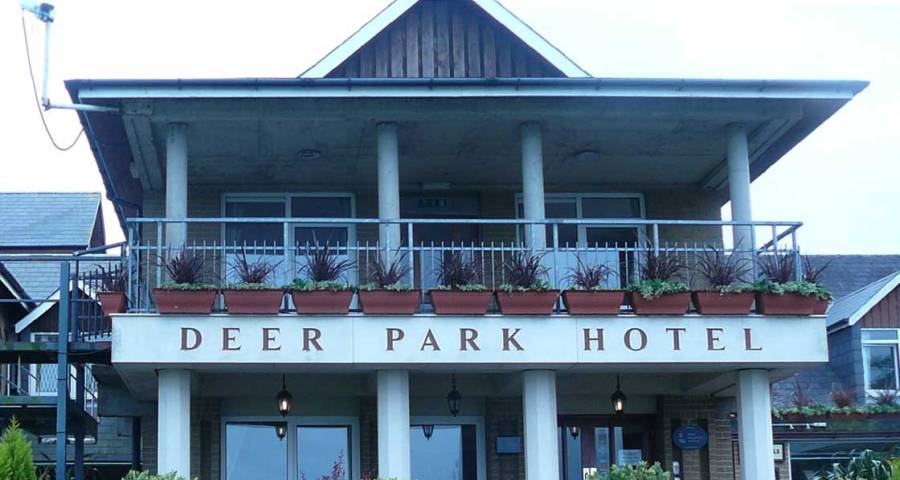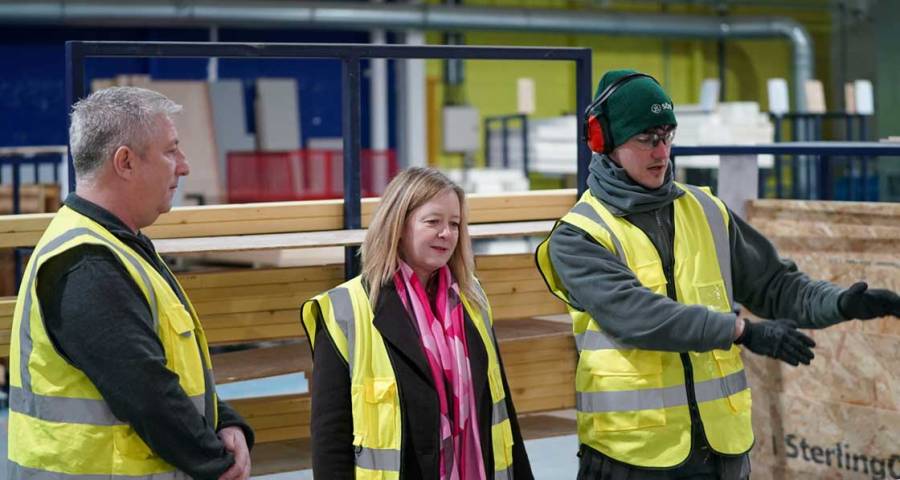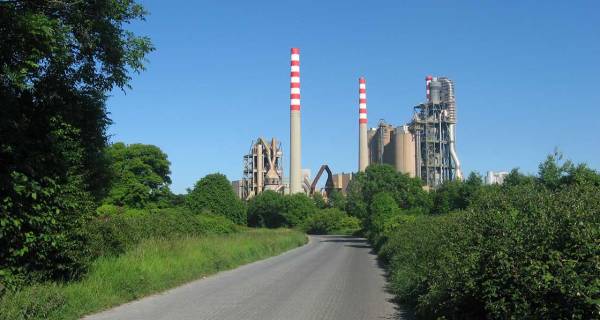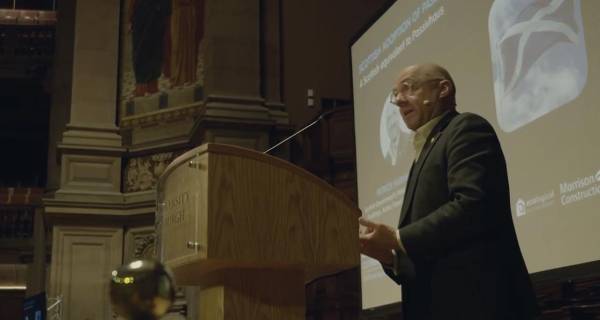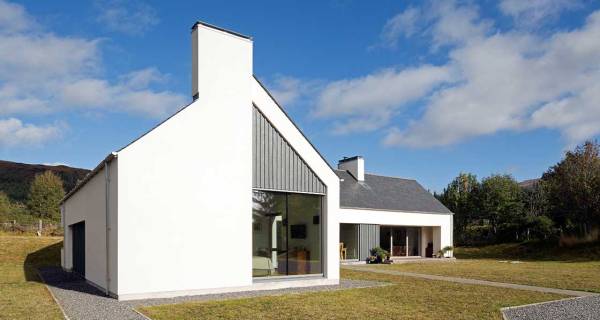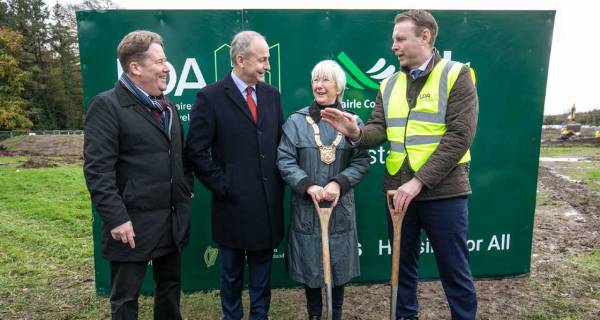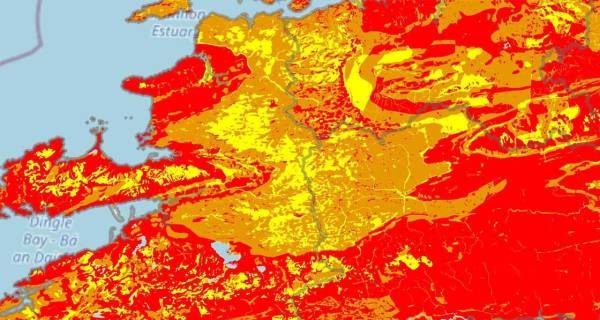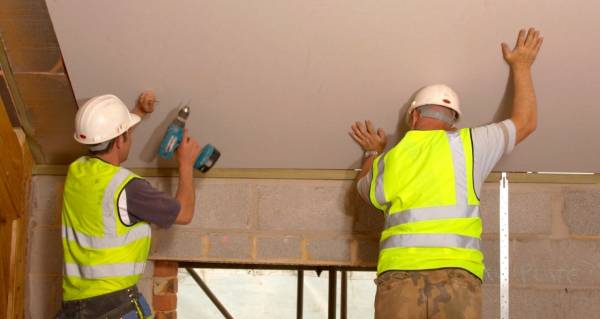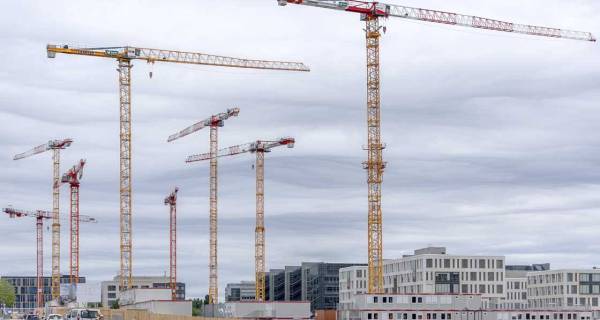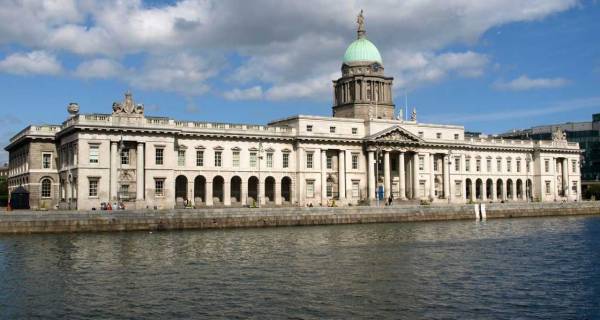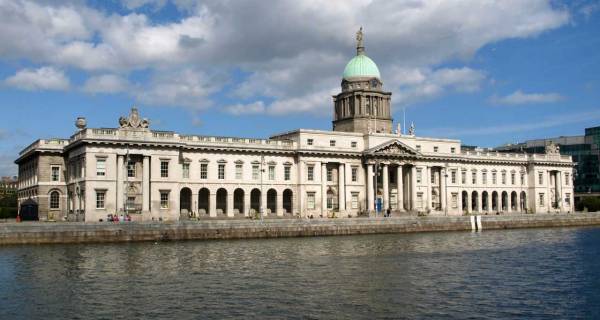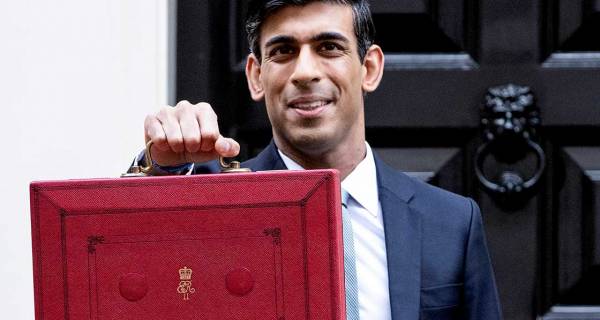Wales unveils net zero pattern book
Scotland to accept passive house as regs compliant
Certified passive house to be alternative means of compliance to proposed Scottish passive house equivalent.
New scheme offers up to €75,000 retrofit loans at low cost
Most polluting cements ruled out in Irish public procurement
Scotland committed to continuing passive house journey
Patrick Harvie MSP, the Scottish government’s minister for zero carbon buildings, active travel and tenants' rights, was a keynote speaker at the UK Passivhaus Conference in Edinburgh on 17 October, and shared his vision for energy efficient and low carbon buildings in Scotland.
EIB Group support new low-cost home energy upgrade scheme in Ireland
Ireland and the European Investment Bank (EIB) today reached an agreement that paves the way for government-backed, low-interest home energy upgrade loans. The agreement marks a major milestone in the development of the loan scheme which will be underpinned by resources from the EIB Group.
Scotland to mandate passive house for new homes
Government supported almost 27,200 home energy upgrades through SEAI in 2022
EU votes through EPBD recast
State passive house scheme breaks ground
The Land Development Agency (LDA), in partnership with Dún Laoghaire-Rathdown County Council, has broken ground on the largest public housing scheme in the state in recent years – a passive house scheme at Shanganagh in Shankill, Co Dublin.
New technology centre to break barriers to construction innovation
The Tánaiste and Minister for Enterprise, Trade and Employment, Leo Varadkar, TD, has launched Construct Innovate – a new Enterprise Ireland Technology Centre hosted at University of Galway which may play a key role in the transition to sustainable building in Ireland.
EU proposes gas demand reduction plan till spring
As Russia weaponises gas exports, the European Commission has proposed a gas demand reduction plan, to cut use in Europe by 15 per cent until next spring.
45,000 more Irish homes face radon risk, new maps reveal
New radon maps, launched by the Environmental Protection Agency today at the National Radon Forum, show an increased risk from radon in Ireland, with 170,000 homes now predicted to be at risk of radon exposure above the national reference level.
Major new grants for retrofit & insulation announced
The Irish government has announced significant new grants designed to make it “easier and more affordable” for homeowners to undertake home energy upgrades.
Climate action plan sets embodied carbon targets for construction
Ireland’s new climate action plan, which was published on Thursday 4 November, contains the country’s first official targets for limiting the embodied carbon of construction materials.
Draft development plan guidelines a “retrograde step”
The Department of Housing has come under criticism for draft guidelines which would prevent local authorities from setting sustainable building targets for buildings as a planning condition, with the passive house standard and low carbon cement directly referenced.

